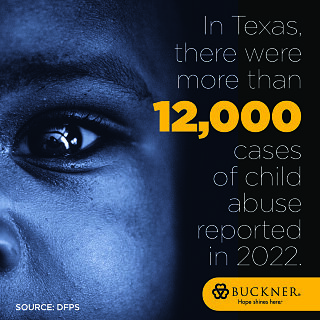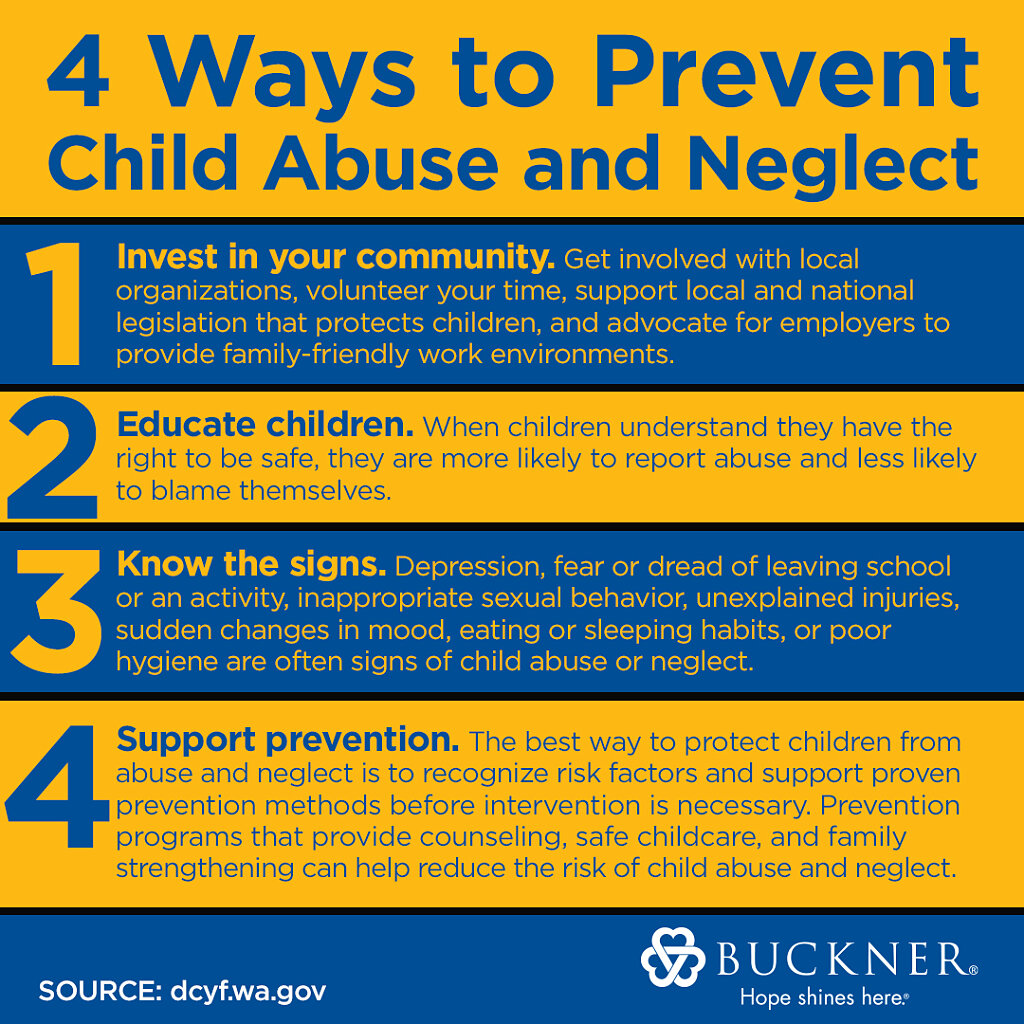Everyone needs a village
What is a village?
Parents, think about your first days of parenthood. Whether you became a parent through the birth of a biological child, foster placement or adoption, the first days of parenthood likely felt overwhelming and difficult. You lost sleep. You worried. You questioned your ability to care for a child.
Now, think about the people who supported you during that time and helped you get through it. Family, friends, church members, neighbors, etc. Maybe they brought you a hot meal, did your dishes or laundry. Perhaps they ran an errand for you or offered to drive you to an appointment. They texted you encouraging messages. They prayed for you. They watched the child while you took a shower or did something for yourself. They asked what you needed from the store and an hour later it showed up on your doorstep.
We often call these people our “village.”
There is no doubt parenthood is hard. But do you know what makes parenthood harder for some? Lack of support. Some parents enter those exhausting and overwhelming days of parenthood without a village. Without the encouragement, help or resources they need.
What happens when parents don’t have a village?
Lisa is a single mom with two children under the age of five. She works full time as an office assistant barely able to pay her bills and keep food on the table. Her day care just increased their rates. Inflation is eating away at her grocery budget. She begins a second, part-time job on the weekends so she can afford diapers. She lives far away from her family and never gets time to herself. She loves her children, but she is overwhelmed and struggling.
Jorge and Cynthia just had their first baby. They moved to Texas two years ago to pursue a better life for their family. Jorge works 60 hours a week to provide financially. Cynthia sells homemade goods while she learns English. Their baby was born with unforeseen medical complications. They’re struggling to keep up with his medication and medical expenses. They sell their car to pay rent but now rely on public transportation to get to his appointments. After a few months, they’re behind on rent again and are facing eviction. They love their child, but they are overwhelmed and struggling.
 Tyra recently left an abusive boyfriend and moved to a new city with her 8-year-old son. She only had a few classes left at her local community college to become a CNA, but she knew their safety was more important. Now, she works full time during the day to support her family and takes classes at night. She doesn’t know anyone in her new town, so she makes the difficult decision to leave her 8-year-old at home alone during class time. Sometimes when she arrives home she is too exhausted to cook dinner, do laundry and bathe her son. She loves her child, but she is overwhelmed and struggling.
Tyra recently left an abusive boyfriend and moved to a new city with her 8-year-old son. She only had a few classes left at her local community college to become a CNA, but she knew their safety was more important. Now, she works full time during the day to support her family and takes classes at night. She doesn’t know anyone in her new town, so she makes the difficult decision to leave her 8-year-old at home alone during class time. Sometimes when she arrives home she is too exhausted to cook dinner, do laundry and bathe her son. She loves her child, but she is overwhelmed and struggling.
Let’s look at the foster care system
- About 10% of kids in foster care are placed in care due to housing reasons.
- Around 60% of kids in foster care are in care due to neglect.
- In 2022, more than 12,000 cases of child abuse were reported in Texas.
- There were more than 2,000 cases of neglect reported in Texas in 2022.
SOURCE: Department of Family and Protective Services
Child abuse and neglect risk factors
- Children younger than 4 years of age
- Children with special needs that may increase caregiver burden
- Caregivers with drug or alcohol issues
- Caregivers with mental health issues, caregivers who are young, or single parents, or parents with many children
- Caregivers with low education or low income
- Caregivers experiencing high levels of parenting stress or economic stress
- Living in communities with unstable housing and where residents move frequently
- Living in communities where families frequently experience food insecurity
SOURCE: Centers for Disease Control and Prevention
It’s true some parents struggle with addiction or mental illness and are unable to care for their children. Others may be incarcerated or absent. Some parents make poor choices and subject their children to abuse. We must stand ready to protect and care for vulnerable children in these circumstances.
But some parents just need support. They don’t have a village and they desperately need one.
Connecting parents to needed resources is crucial to strengthening the family unit and keeping kids out of foster care. Walking alongside parents on their journey can prevent child abuse and neglect. Some have a built-in village of friends and family. Let’s be the village for those who don’t.
Be the village
The same Bible that calls Christians to care for orphans and vulnerable children instructs believers to care for widows and those who need help. It’s easy to look at children and understand they need protection and support. But sometimes the most valuable thing we can do for vulnerable children is to walk alongside their parents and families and help them succeed. Whether you act as an individual, small group, church group, neighbor or friend, there are so many ways to help those around you.
Recognize the need
Pay attention to those around you who might need extra support. Do you know any single parents? They’re likely exhausted from trying to be everywhere and do all the things alone. Notice a neighbor who hasn’t cut their grass in months? They might be so busy they can’t find time to do household chores. Does one of your friends seem extra stressed out? Ask what’s on their plate that’s too much for them to handle at the moment. Has your co-worker been showing up to work late and acting frazzled? Buy them a coffee or tea and ask how they’re really doing.

Tips for being the village
- Offer to help with specific tasks. Instead of saying “Do you need any help?” ask, “Can I drop off dinner Thursday night? And if it’s not too much, I would love to stay and do the dishes and clean the kitchen while I’m there.”
- Don’t wait for a "thank you." Do what you came to do, say goodbye and leave. Make it known that you don’t expect anything in return.
- Listen. Sometimes all someone needs is a listening ear and a hug. If someone wants to share what they’re struggling with, listen without feeling the need to give advice or fix the problem. Sit with them in their valley. Be a presence of peace and love.
- Pray for them. Add this family to your prayer list and commit to praying for them daily. Let them know you are praying for them. Hearing that someone is speaking to God on your behalf can feel comforting.
At some point in life, we all need a village. Until then, we all have the opportunity to be the village. Let’s look out for one another.




Add a Comment